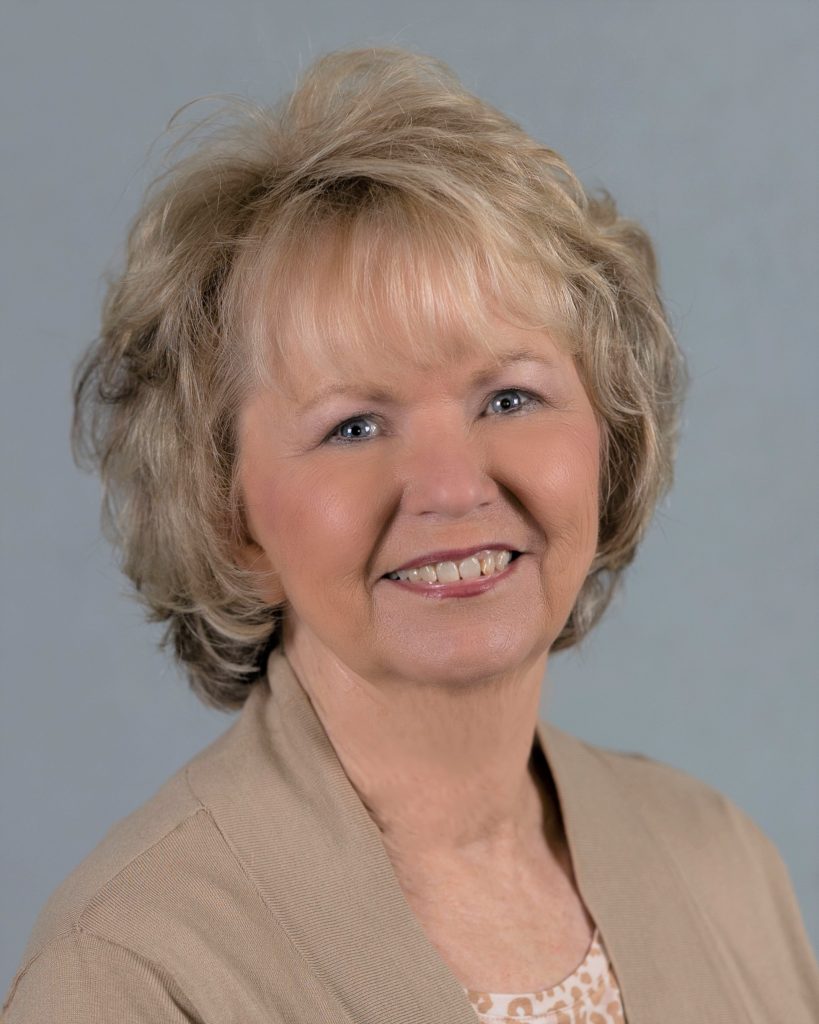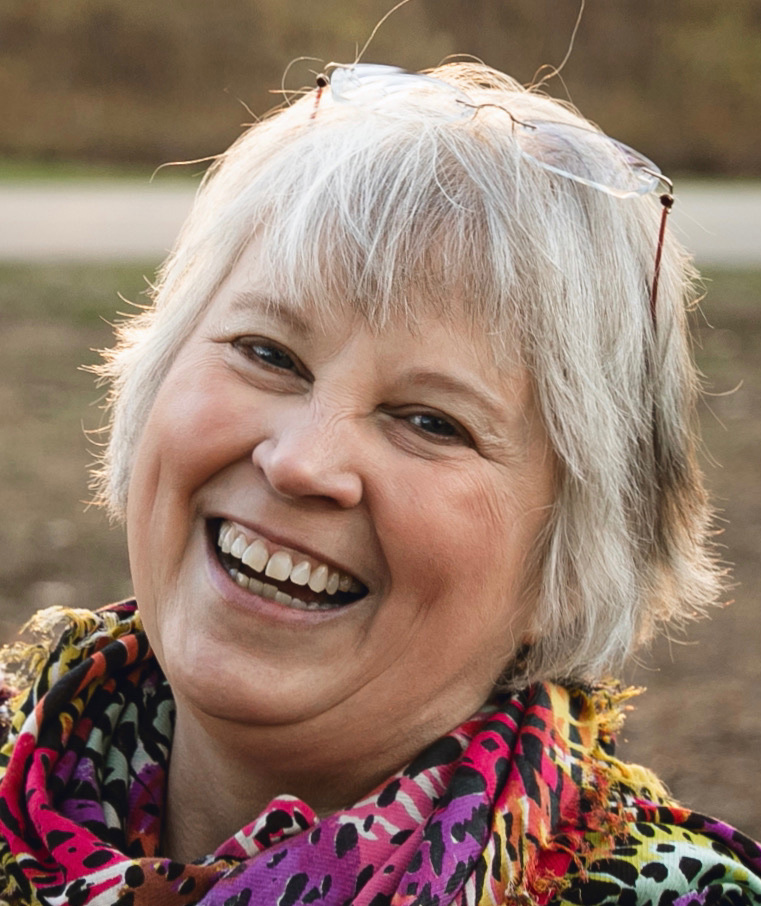
My books were self-published until I began working for a publisher. Each time I attended writers’ conferences or took online courses, I learned something new and valuable about the publishing industry, authors, and marketing. But something I only learned from one book is about the legal aspects of an author. An informative and important book on self-publishing is “Self-Publisher’s Legal Handbook, second edition” by Helen Sedwick. She is an author and business attorney. Helen covers everything from copyright basics to business set-up. Even though it is written for self-publishers, it is a good resource for answers about legally protecting ourselves as authors.
As Christian writers, we have a responsibility to supply great reading material that makes a difference in the lives of others, whether a novel or nonfiction book. That is why I loved a little book titled, “Called to Write”. In it, the author asks the question, “Are you called to write”. The book guides the reader through steps to gain confidence and assurance that this is your God given mission.
Conferences are so important. When we don’t have the needed information that comes from these events, we tend to think all we need to do is sit down and write, send it off, and wait for a reply. I remember my first AWSA Conference very well. I don’t remember how I first saw information about it, but when I did, God placed an overwhelming desire to go. Since I am an introvert, this is very rare for me because I didn’t know anyone there, didn’t have a roommate and wasn’t sure why I was going. I simply had the urge to go. Out of that came great training, wonderful friends, and a roommate I didn’t know who turned out to be important to me. Susan Neal has become a good friend, mentor and encourager. That conference encouraged me to go further than I ever thought I could go in writing and publishing. Even though I am not a well-known author, and may never be, my heart is to minister through writing until all doors close.
Through my time as Project Manager for a publishing company, I have had multiple memoirs cross my desk. Most of these are from first time writers. The phrase I hear most often is write your story. I am not going to say it is the worst writing advice, but for first time writers, it is advice that needs to be explained. Writing your story doesn’t mean from birth to the present day describing every horrible detail. In my opinion, it means, is there one situation you can write about that shows how God has been working in your life. Most of us have a hard event that occurred at some point. But how did God see you through it? I like to think of it as; this is who I was, this is who I am now, and this is how it happened. By putting it this way, the focus becomes more on how God used circumstances to take us to the point of who we are now. We could say, “There was a time in my life when I was (blank), but because of that situation, I am a strong, confident woman today. You may ask how that can be considering all the hardships. It is because God never gave up on me. He provided what was needed to carry me through”. From that point, you would begin to explain everything God did to bring you to this point today.
The best writing advice I ever received is to listen to the message of my heart. What am I passionate about? Write that. The best writing tip I can give for new writers is to find a great writer’s training, online or a conference, and learn all you can about the industry. Learn about proposals, submission guidelines, publishing options and expectations. You can save yourself a lot of disappointment and embarrassment by learning these things in advance.
For self-editing, finish writing before you do any editing. If you edit as you go, you can get bogged down in the editing process to the point you lose your inspiration.
There will be times for all of us when we become discouraged or frustrated with our writing progress and/or acceptance no matter how seasoned we are. This was my state of mind recently. The advice given to me was to pursue like-minded authors to bounce ideas off of as well as exchange our writing for critique. More than one set of eyes is always good. In addition, market to those who are interested in your genre. Where do they look for reading material? Address that audience.
A writer’s life is not as easy and exciting as we thought it would be. But it is rewarding when we publish our first book and can then call ourselves authors. Be encouraged to stay the course for what God has placed within your heart to write.

My latest releases from last year are in two different genres. Once is a book on prayer, the other a children’s book. You can find them both on Amazon or other retailers.
- Guide to Deeper Prayer
- Ricky the Racecar
Virginia Grounds is an author, speaker, publisher, podcaster, and project manager of a publishing firm. She has years of experience teaching Bible Study in her home church and women’s events as well as serving in women’s ministry for years. In addition, she served with her husband for twenty years in full-time ministry to hurting people. Her experience of helping others through difficulty as well as her own difficulties have led her to a deeper trust, faith, and understanding of how God equips us for ministry through adversity. She loves writing devotions and Bible Studies, but discovered writing children’s books is great fun too. Virginia is a recent widow with adult children and grandchildren, and even great grandbabies who provide joy and fun to life.
You can find her at www.virginiagrounds.net and www.breakthroughchristianpublishing.com
For more writing tips, check out:
Writing Advice with Latayne Scott
Writing Advice with Stacy Leicht











